Can you use retinol for sensitive skin? The experts weigh in on whether the two are compatible
Can you enjoy the advantages of retinol, without the irritation? The experts explain whether retinol for sensitive skin works...
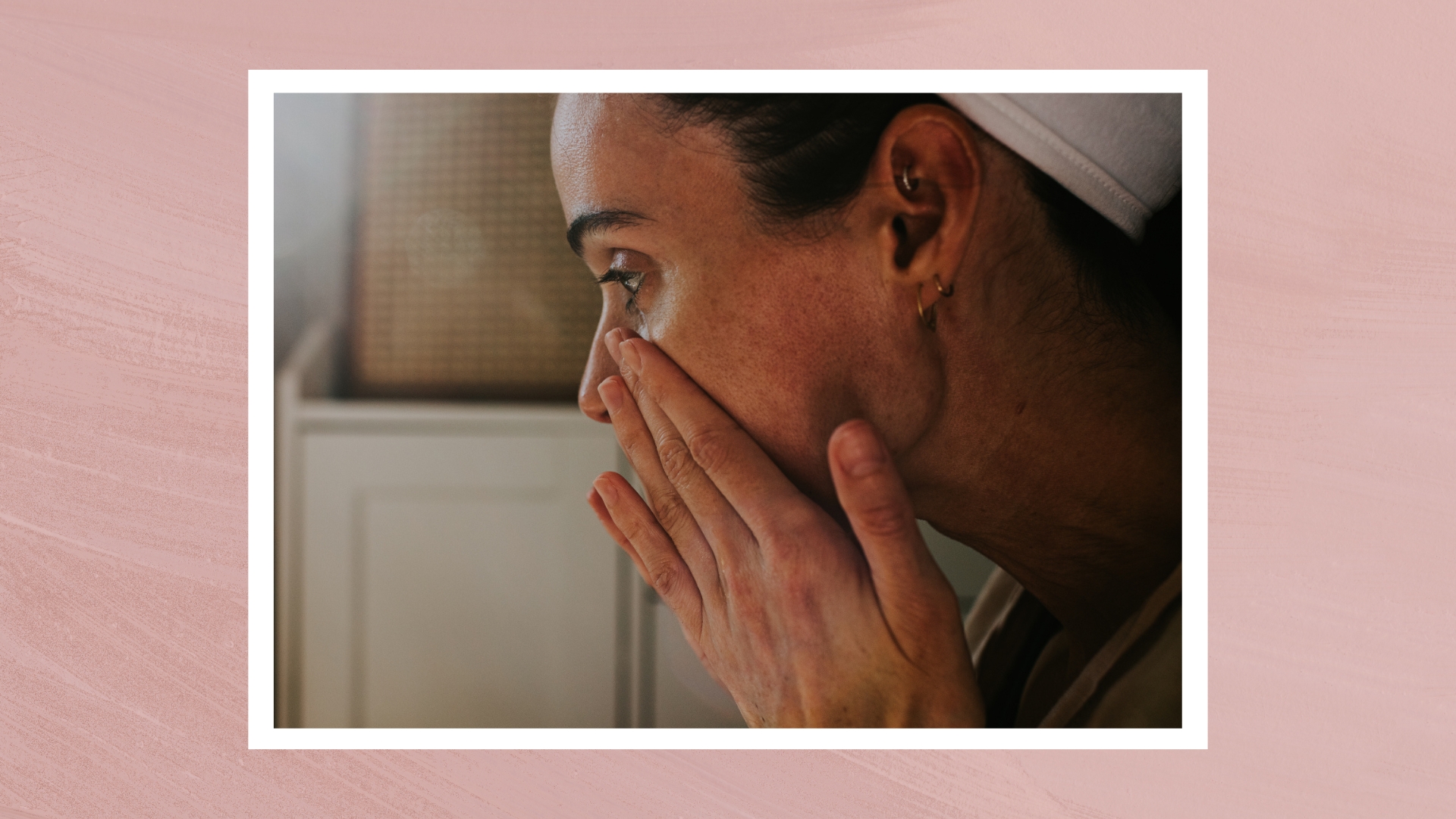

While the powerhouse ingredient should be approached with some caution, especially if your skin is prone to irritation, the experts have outlined how you can incorporate retinol for sensitive skin into your beauty arsenal...
Oh hail retinol, arguably one of the queen bees on the skincare scene, but if you have sensitive skin, you may feel a little wary of using a retinol. Irrespective that it is the gold standard of anti-agers, this powerhouse skin ‘perfector’ can be counterintuitive, causing delicate skin to feel irritated, red and flaky. That said, sensitive types shouldn’t disregard the best retinol creams and serums altogether, you just may need to consider a few modifications - like its concentration and how often you apply it but you can reap the benefits without making your skin overreact.
So, if you've been considering the exfoliator and collagen booster but have been so far hesitant, the experts have weighed in on if and how you can safely use retinol for your skin type...
Everything you need to know about retinol for sensitive skin
When it comes to using retinol and how not to use retinol, its potency can be off-putting to some - especially those with delicate skin. So, it's important to do your research on application and concentration, as well as understanding your skin type, before adding it to your skincare rotation.
But before we dive into all of that, let's first discuss what retinol is: "Retinol is the classic form of vitamin A," says Daniel Isaacs, Chief Product Officer at Medik8. When retinol is applied to the skin, it is converted to retinaldehyde and then to retinoic acid (the active form that all types of vitamin A must convert to before becoming effective on the skin). "Once active, retinol works to visibly smooth, brighten and firm the skin, supporting a more youthful-looking complexion overall."
Best retinol products for sensitive skin
For those looking for a retinol option for sensitive skin, we've rounded up six options from the likes of La Roche-Posay and Caudalié...
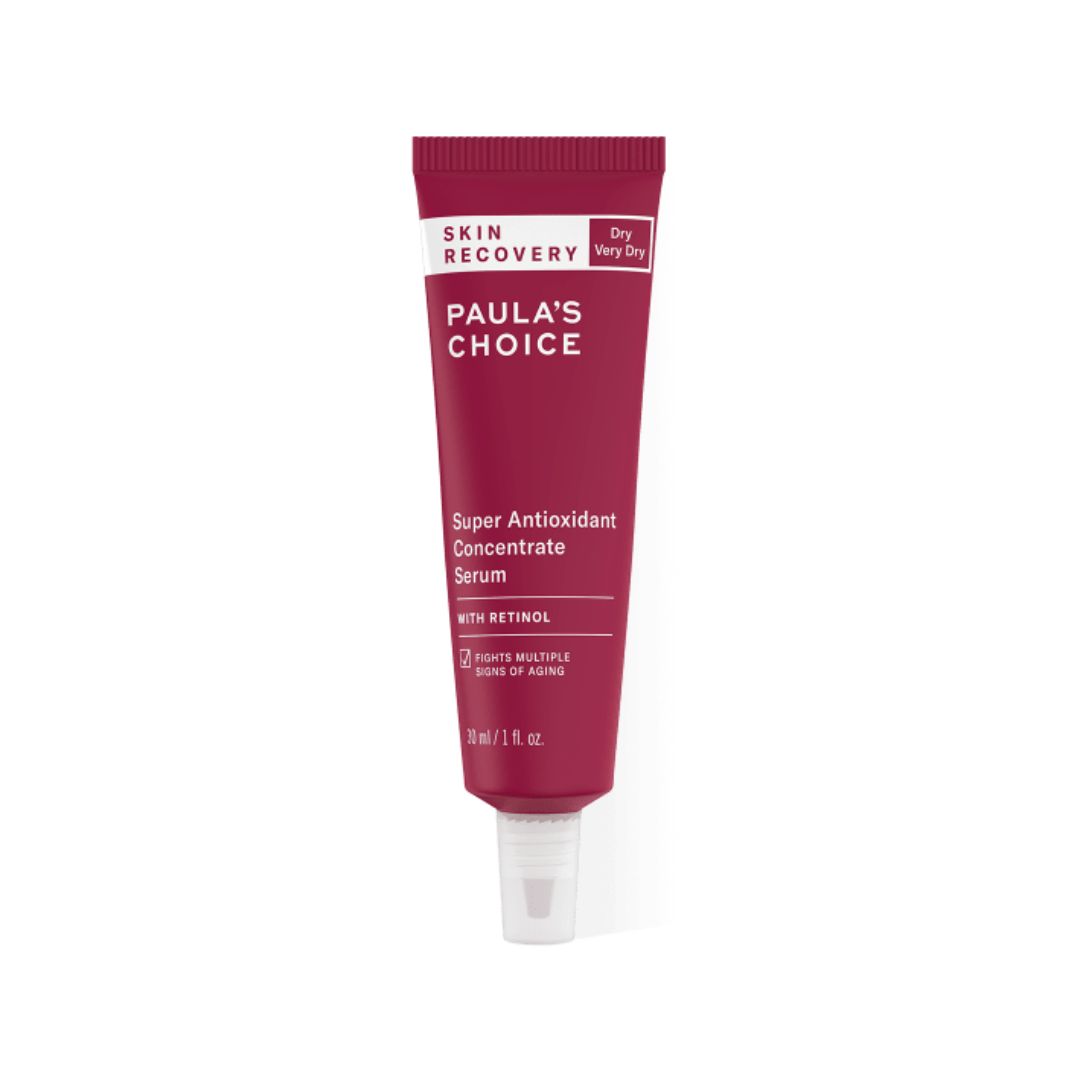
RRP: £38
This serum is a fantastic starting point for sensitive skin, delivering 0.01% retinol without flaking or redness.
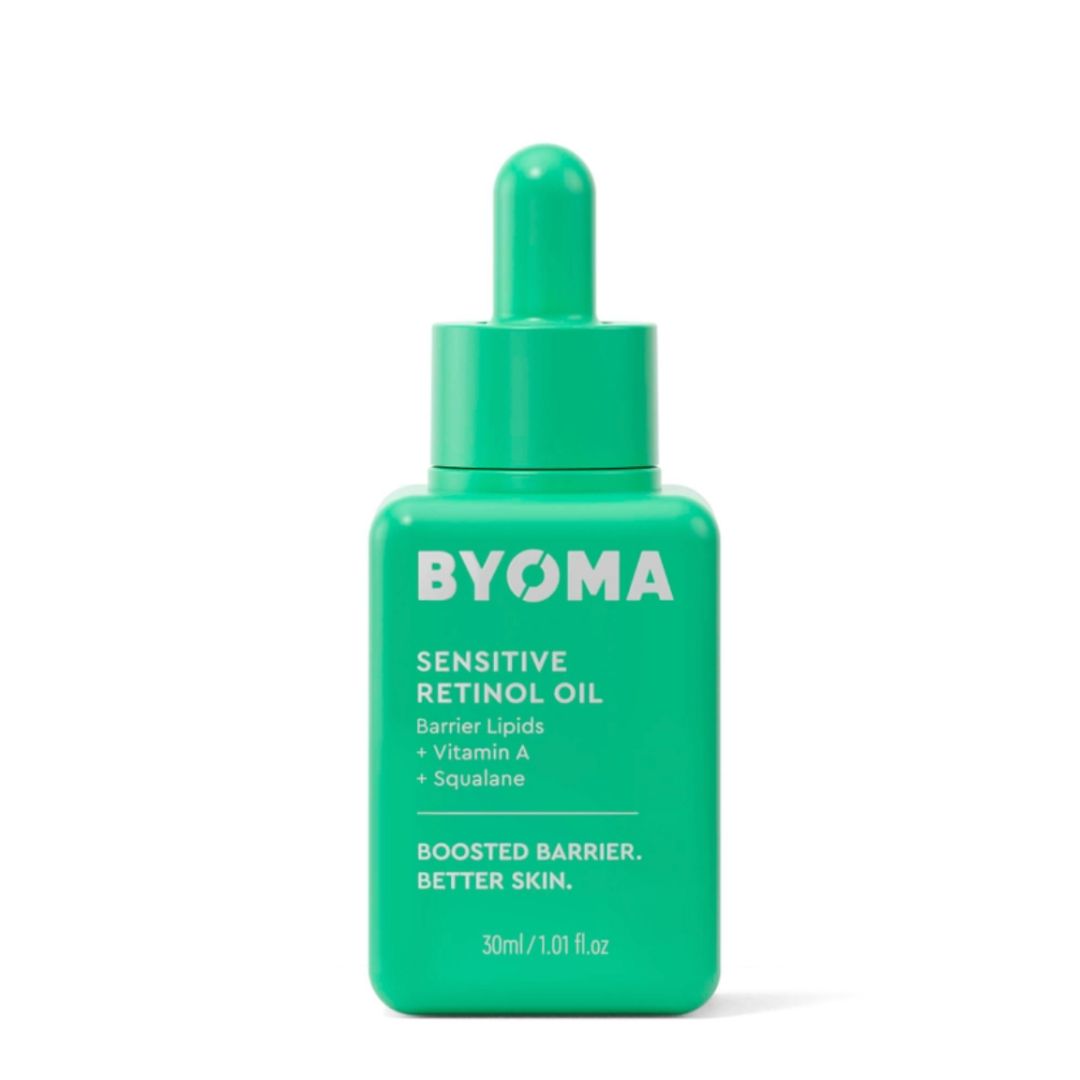
RRP: £17.99
This soothing oil uses vitamin A, squalane and a barrier lipid complex to improve the look of skin's texture and tone.
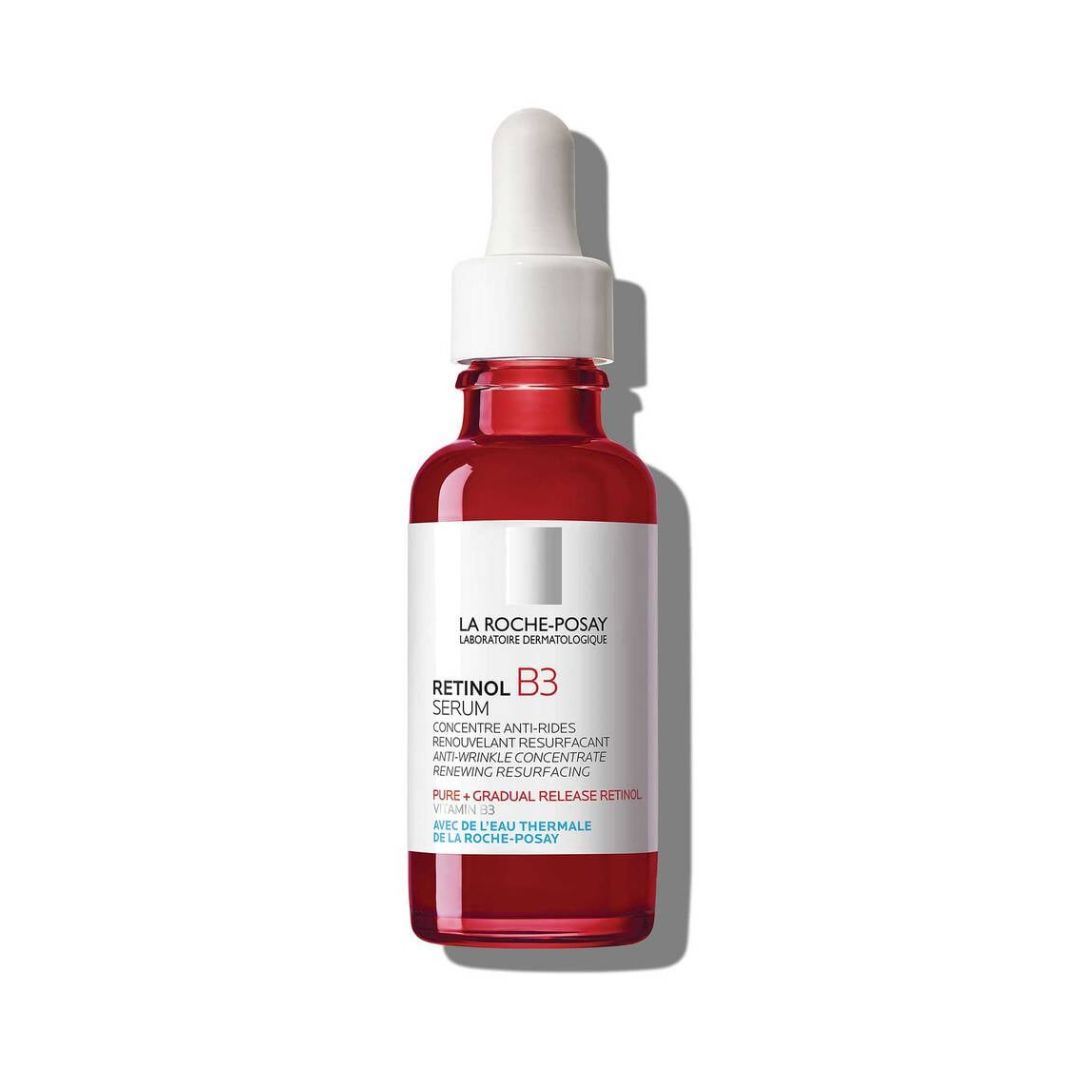
RRP: £48
La Roche-Posay's B3 retinol serum releases 0.2 % retinol that acts gradually on skin for efficacy and tolerance.
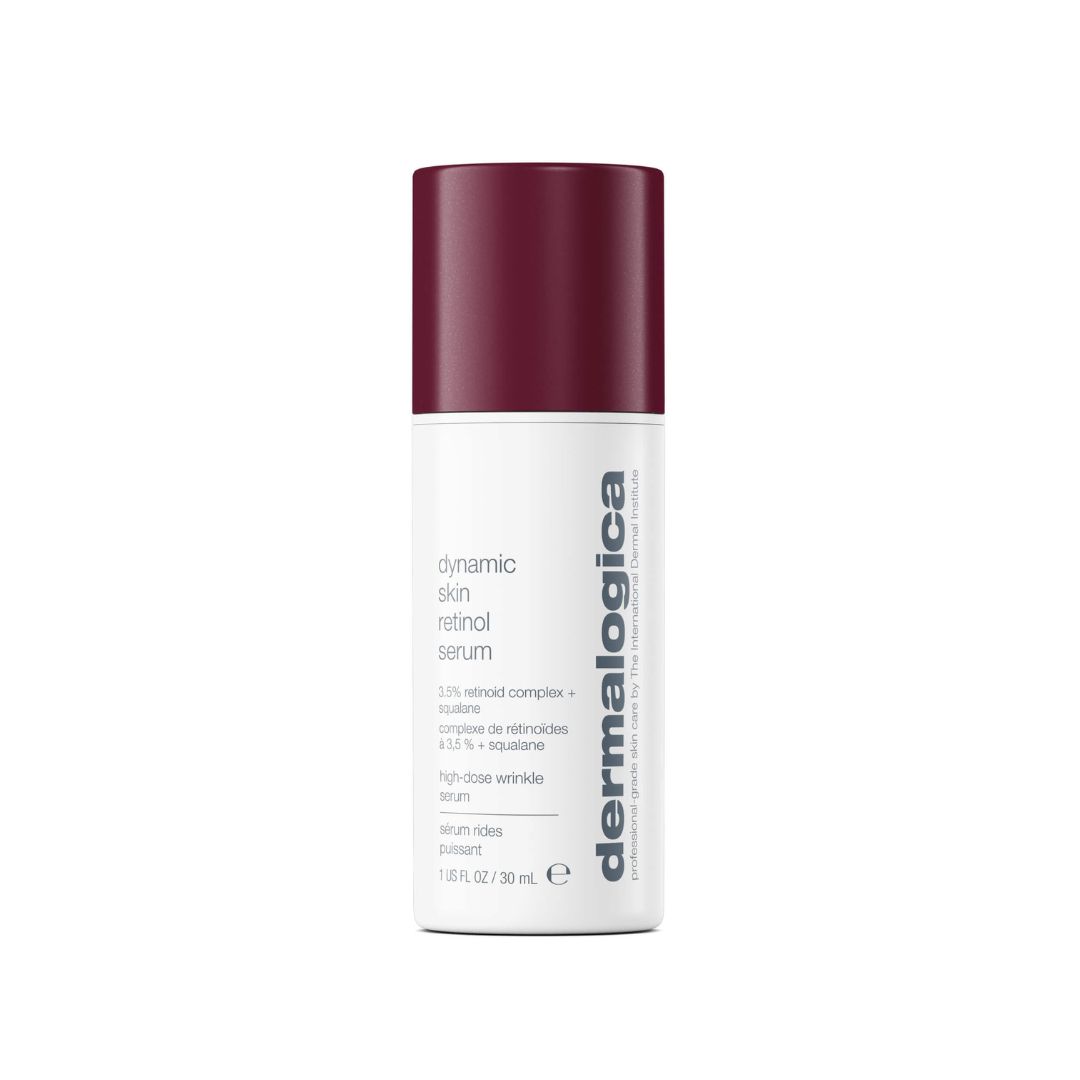
RRP: £89
This serum is gentle enough for nightly use and has a 3.5% Retinoid Complex, plus soothing Squalane.
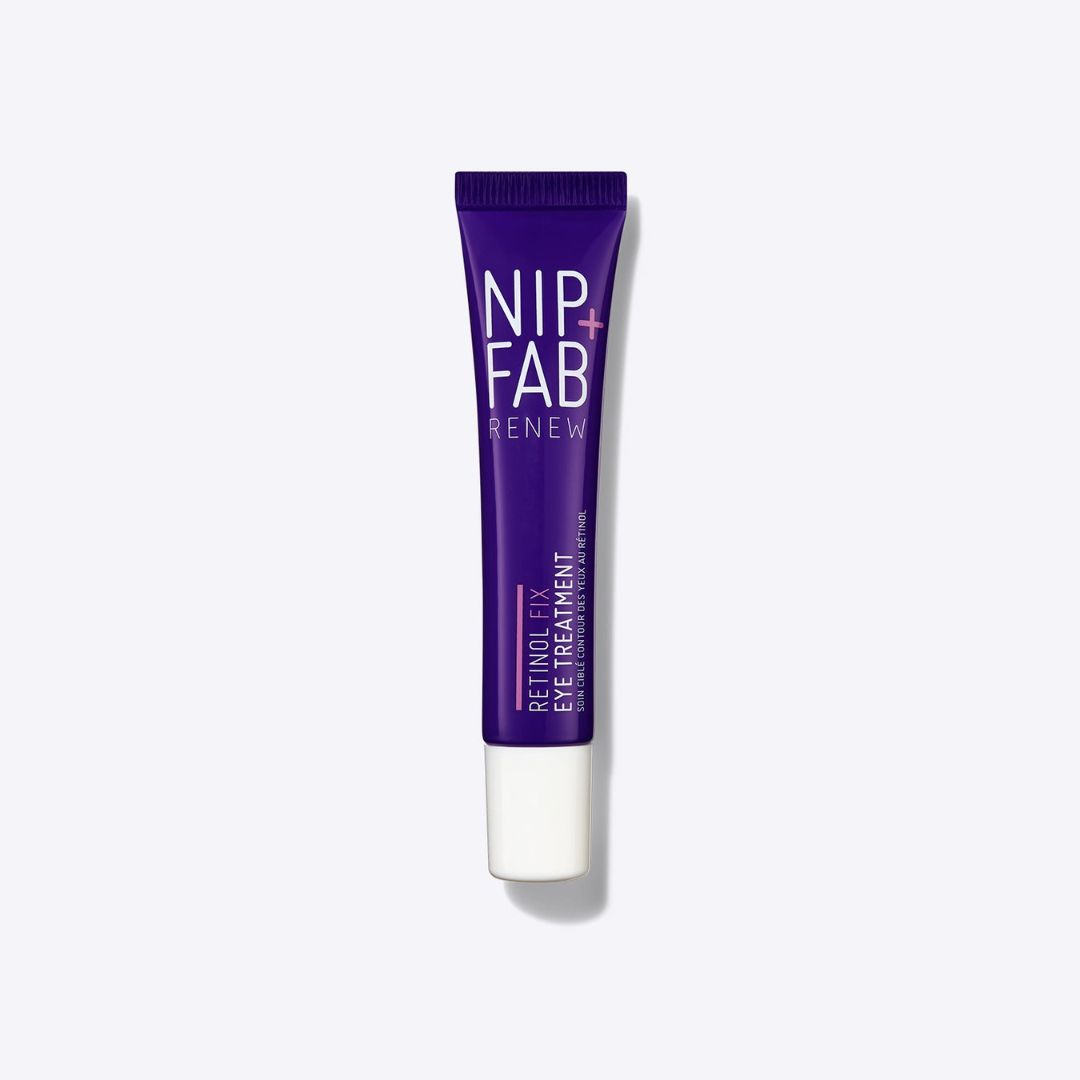
RRP: £19.95
This retinol is balanced with other skin-boosting ingredients like peptides, ceramides and hyaluronic acid to minimise the chance of irritation.
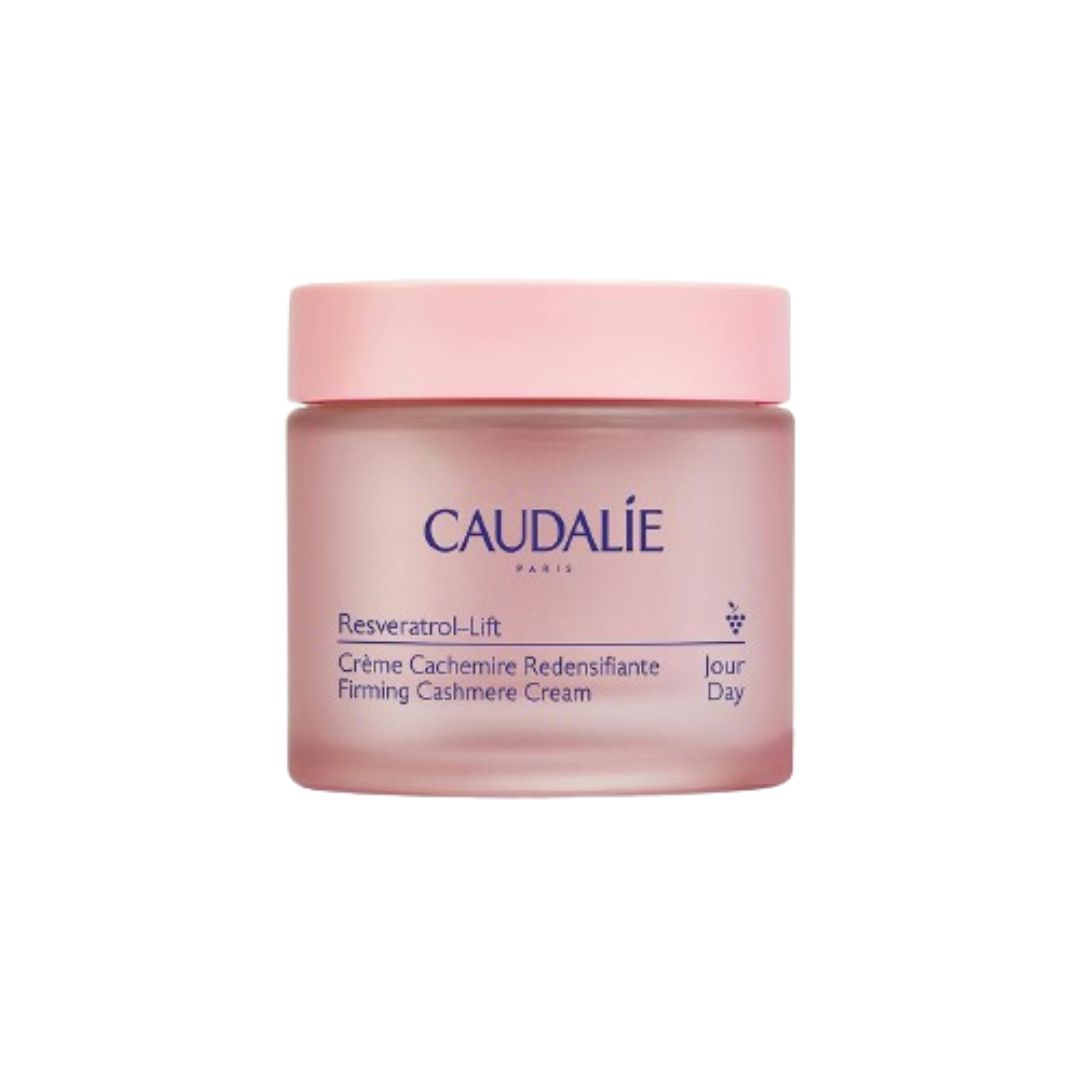
RRP: £49
Corrects wrinkles, firms skin and boosts collagen for nourished, never sore skin.
How do you know if your skin is sensitive?
"Sensitive skin is hyper-reactive to both internal and external factors such as stress, weather conditions and cosmetic products," explains dermatologist, Dr Cristina Psomadakis. "There are various causes behind sensitive skin, spanning from genetics, to underlying medical conditions, or possibly as a result of skincare practices."
Sign up to our free daily email for the latest royal and entertainment news, interesting opinion, expert advice on styling and beauty trends, and no-nonsense guides to the health and wellness questions you want answered.
Sensitivity can reveal itself in many ways, but most commonly your skin may feel tight, red and itchy or have very dry patches.
Why does retinol heighten sensitivity?
Put simply the main job of retinol is to kick skin cells into overdrive and temporarily slough off more dead skin cells to leave a smoother and clearer complexion. But here’s the red flag; the more you apply, the higher the chance of new skin surfacing before it’s ready. This is where 'retinol uglies' can happen; flaky, red and irritated, so those with already sensitised skin should be a little cautious of how much they apply and in what concentration.
Retinol makes skin sensitive to sunlight, so it’s vital to use a broad-spectrum sunscreen each and every morning, sunny or cloudy.
How can retinol benefit skin?
"It does so by helping to stimulate collagen production and cellular renewal, providing a multitude of benefits for the skin," explains Daniel. Including;
- Increasing collagen production to help combat fine lines and wrinkles
- Increasing cell turnover for a visibly brighter, fresher skin tone
- Helping to decrease melanin production for a more even and youthful-looking complexion
- Reducing sebum production, therefore helping to minimise blemishes
- Promoting and maintaining overall skin health
Retinol for sensitive skin - where to start?
Retinols come in a range of strengths, from 0.01 percent to 3.0 percent. Facial aesthetics doctor, Dr. Maryam Zamani suggests starting with a lower concentration between 01. to 0.5 % and gradually increasing it over time as tolerated. "This allows the skin to acclimate to the product more gently and minimises the risk of irritation." She also recommends looking for retinol formulations that are specifically designed for sensitive skin or are buffered with soothing ingredients such as antioxidants, peptides, or ceramides. "These can help to minimise irritation while still providing the benefits to the skin."
Victoria Evans, Education Manager at Dermalogica recommends following a progressive rather than an aggressive approach to using retinol on sensitive skin. "Going too strong too fast will likely result in dry irritated skin as your skin needs time to build its tolerance." Start with using a couple of times a week, building to alternate nights before using nightly. Do this over a 4-6 week period. Victoria also suggests introducing some skincare steps to avoid irritation;
- Skin cycling: Rotate the days you apply retinol with other actives, such as AHA and BHAs, and have rest days.
- Sandwiching: Apply retinol in between layers of moisturiser
- Buffering: Mix your retinol into a moisturiser
- Dial-up or down: Adjust the frequency from a couple of times a week to daily or back depending on skin needs
What to do if you do get a reaction from retinol?
"Like with sunburn, the key thing is to STOP!" says Dr Sam Bunting. Then you need to look at repairing your skin barrier; "consider a hydrating mask to add oomph to your basic routine, a barrier repair cream might also be helpful, to amplify and expedite repair, and finally, you might even need to use a little 1% hydrocortisone cream for a few days."
And do not forget to wear a high SPF daily. "Retinols can increase the skin's sensitivity to the sun, so it's essential to apply a broad–spectrum sunscreen daily to protect the skin from sun damage and further irritation," recommends Dr. Zamani.
If your sensitive skin can't tolerate retinol - what can you use instead?
If you are looking for high-performing alternatives to retinol, want a natural option, or are pregnant, there are a few options to consider. Plant-derived Bakuchiol can reduce skin discoloration from environmental exposure and reduce the appearance of fine lines, with no irritation.
And claiming to be three-times as effective as retinol in firming the skin, Caudalie’s Resveratrol Lift collection combines anti-inflammatory and antioxidant vine resveratrol with hyaluronic acid and a vegan collagen booster. Or consider trying a Granactive Retinoid, a gentler alternative to Retinoic Acid, which combines strong efficacy with reduced irritancy. We love Dr Sam’s Flawless Nightly Pro, £60.
Charley Williams-Howitt has over 20 years of experience working in the beauty industry. As well as previously writing for lifestyle titles, such as woman&home, Woman and Woman's Weekly, Charley has worked for British institutions like Marks and Spencer, John Lewis, and Superdrug creating visual and editorial content cross-platform. Starting her career in the fashion cupboard at Cosmopolitan magazine, she eventually escaped the piles of clothes to discover a world of makeup, moisturizers, and models.
